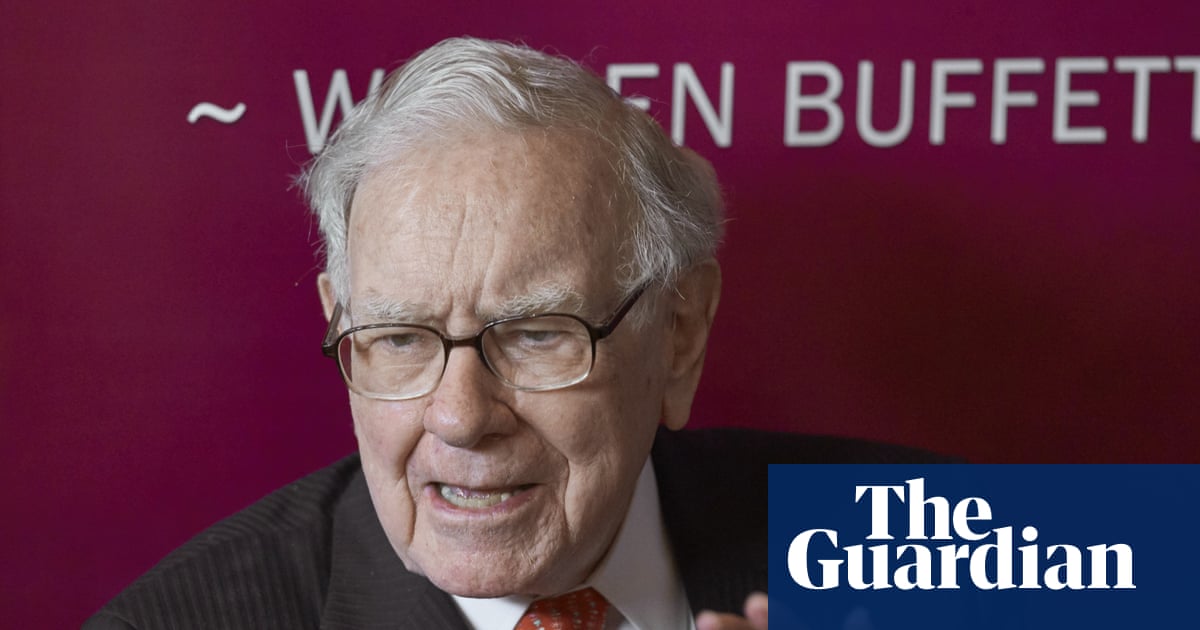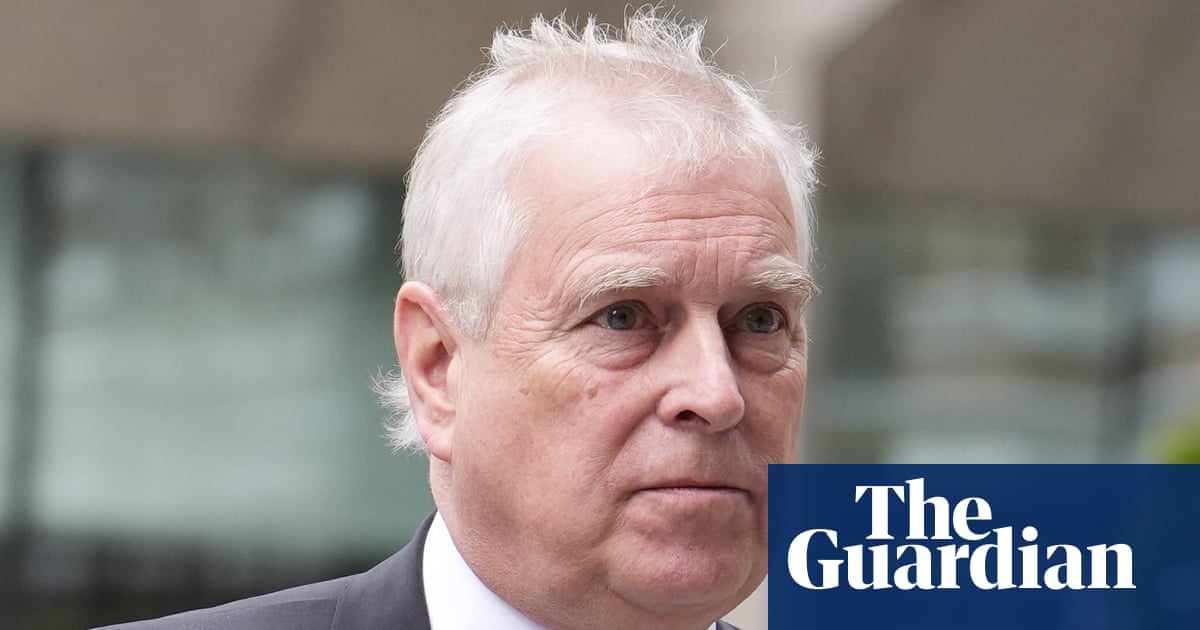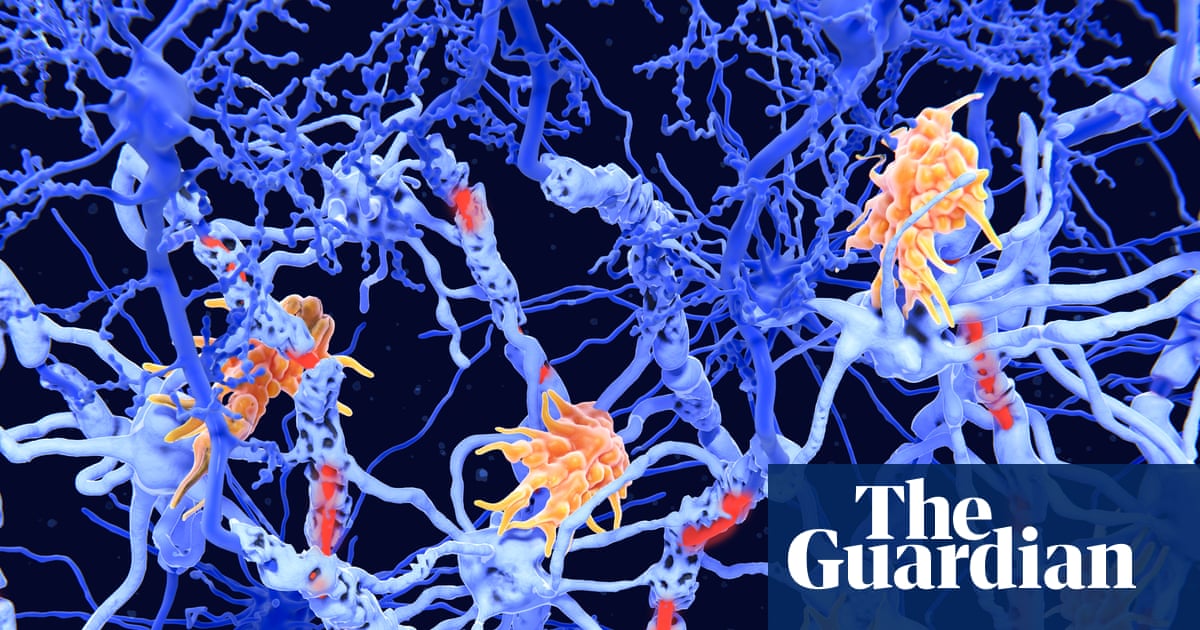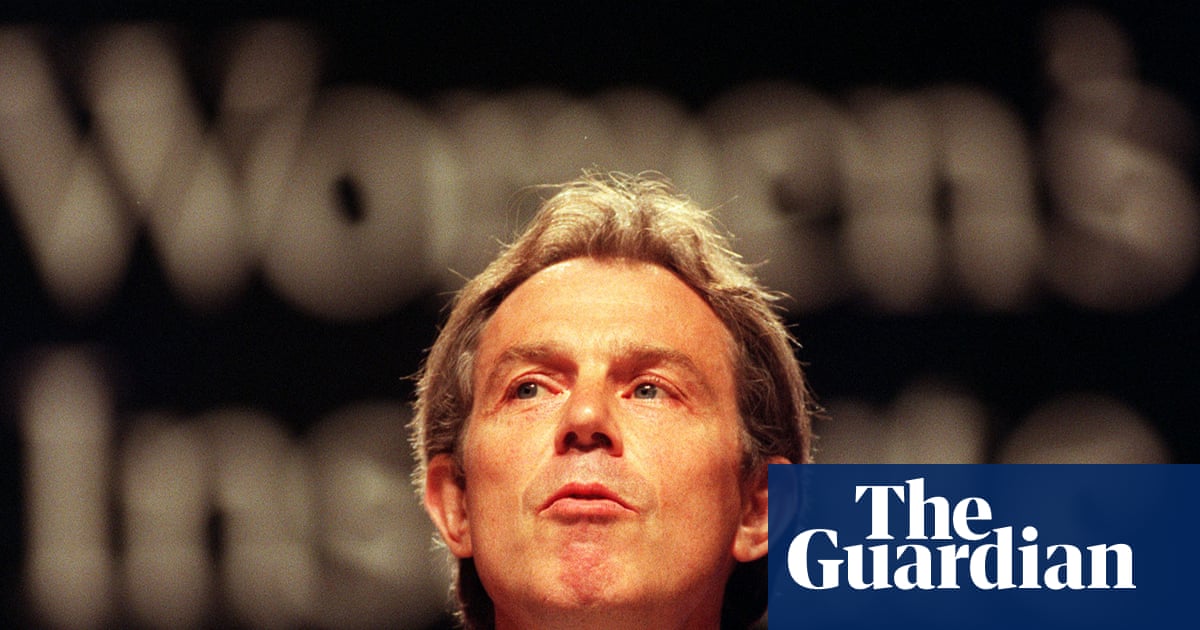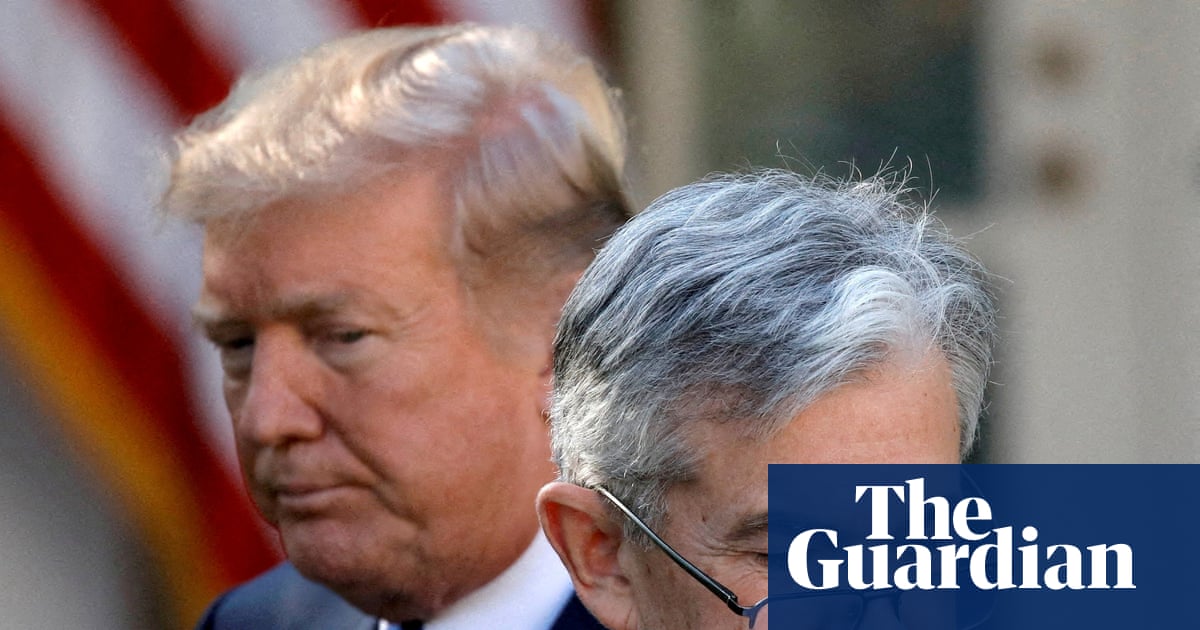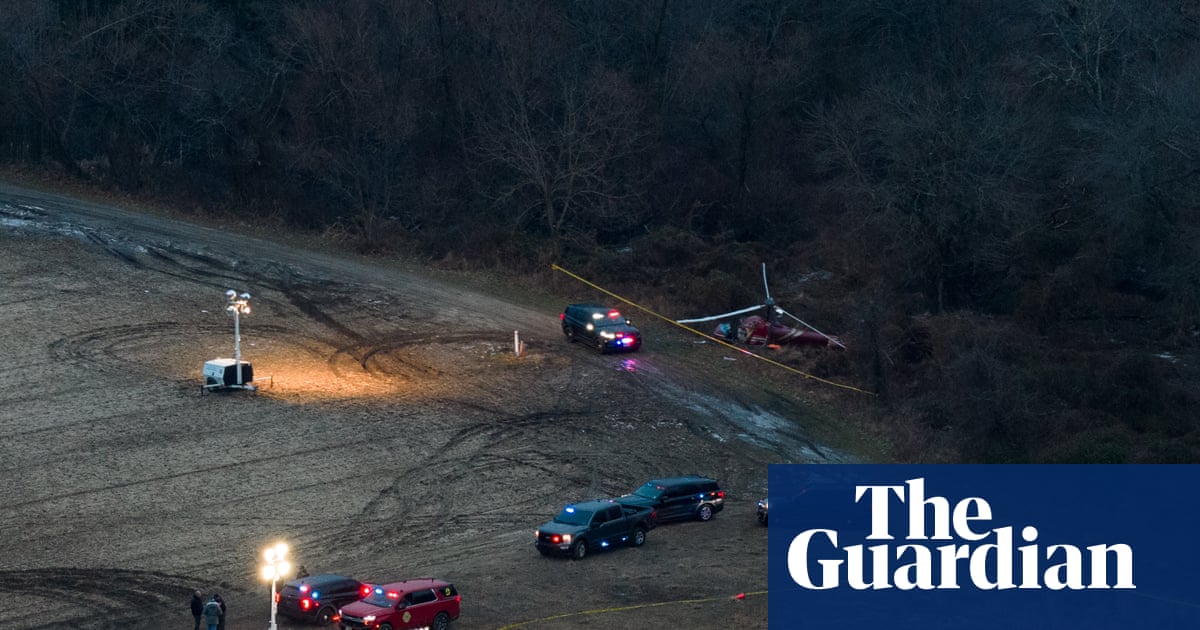Kamala Harris’s book 107 Days confirms two truths: Joe Biden never should have sought re-election and she did not belong on a national ticket.
Biden was snared by Father Time and hubris. The 46th president was not the transformational figure he saw in the mirror. More than half the US rated him a failure.
“People hate Joe Biden,” Harris quotes David Plouffe, her senior strategist and an Obama White House veteran, as saying.
What’s unstated is that Harris was never a vote-magnet. When she ran for attorney general of California in 2010, she won by less than 1%, a margin of fewer than 80,000 votes in a deep blue state. Seeking the 2020 Democratic presidential nomination, her bid ended in December 2019, two months before the Iowa caucus.
Fast forward to 2024. Harris’s second White House run was hardly conventional, plunged as she was into the maelstrom with just those 107 Days to go. Clearly, thanks to Biden and his enablers, Harris faced steep challenges. Nonetheless, timidity and indecision pocked her campaign. Fear of being overshadowed led her to pick a disheveled dad for vice-president. No one foisted the Minnesota governor, Tim Walz, on Harris. He became her prime-time emotional support pet, all the same.
“There was a feeling that we needed to feed the beast,” she confides. “But I knew that beast would eviscerate me if I wasn’t properly prepared.”
That moment of proper preparation failed to arrive.
Now Harris unloads on Walz, lacerating him for his poor debate, accusing him of falling into a trap. With cameras rolling, JD Vance, then an Ohio senator, played Mr Nice Guy instead of a pit bull, lulling Walz into somnolent irrelevance.
“When Tim fell for it and started nodding and smiling at JD’s fake bipartisanship, I moaned to Doug [Emhoff, her husband], ‘What is happening?’” Harris recalls. “I told the television screen: ‘You’re not there to make friends with the guy who is attacking your running mate.’”
Harris is not finished.
“The following weekend, Saturday Night Live did a sketch in which actors posed as Doug and me, sitting on our couch, watching the debate. While I did not in fact spit out wine, it was otherwise uncanny in its portrait of our evening.”
SNL gifted Harris a cameo, a consolation prize at best.
Walz was not the pick of Harris’s dreams. That honor goes to Pete Buttigieg, a former mayor of South Bend, Indiana, population 103,000, a fraction of the size of a congressional district. He quit the 2020 race on 1 March, months after Harris, after sharing Iowa with Bernie Sanders, then spent four years as transportation secretary under Biden. Harris felt she couldn’t pick him, because he was a gay man and she was a woman of color. Harris’s campaign memoir may be many things. Profiles in Courage, it is not.
Harris betrays shortcomings on policy. She says little that is coherent about the border or inflation.
“Immigration had surged, and to some it felt like an invasion: we couldn’t gaslight the people who felt that way by denying the problem,” she half-heartedly acknowledges.
“We did not succeed in making a passionate case for a complete immigration overhaul that combined securing the border with a better legal mechanism for the people who arrive here with a dream of success and contribution.”
In plain English, the electorate refused to buy what Harris tried to sell.
Regardless, Harris does not grapple with the incompatibility of porous borders on the one hand, and Obamacare on the other. “Open immigration can’t exist with a strong social safety net,” to quote Paul Krugman. “If you’re going to assure healthcare and a decent income to everyone, you can’t make that offer global.” The costs are too high for enough voters to stomach both.
In the end, Donald Trump drew nearly even with Harris among Hispanic voters. In southern Texas, thousands backed Trump, after rebuffing him four years earlier.
Harris failed to make the case that inflation was “transitory”. She bathes in self-praise for breaking a Senate tie on the Inflation Reduction Act. But congressional titles mean little.
“Part of the challenge of this very short campaign,” she writes, “was that we had to focus on needs that felt more immediate, like how to deal with the grocery bill or the cost of childcare.”
That problem didn’t suddenly arise. The administration appeared clueless, in much the same way the Trump administration now claims prices aren’t rising.
Harris also elides the role of identity politics as a factor in her defeat. In 2019, she authored The Truths We Hold, signaling her intent to vie for the nomination by running left, seemingly unaware Bernie Sanders and Elizabeth Warren had more credibly staked out that lane.
“We need to speak truth: that racism, sexism, homophobia, transphobia and antisemitism are real in this country, and we need to confront those forces,” Harris proclaimed.
Unlike Barack Obama in his 2004 convention speech or in The Audacity of Hope, his 2006 book, Harris left little room for nuance. Nor is she afflicted with a surplus of self-awareness.
“I wish I could have gotten the message across that there isn’t a distinction between ‘they/them’ and ‘you,’” she writes without a hint of irony, referring to a brutally effective Republican ad on the issue of transgender rights.
“The pronoun that matters is ‘we’,” Harris says. Now.
Pro-tip: faculty lounge orthodoxies and campus activist jargon can play poorly outside ivy-covered walls.
Harris also reminisces about “A-list talents such as James Taylor and Yo-Yo Ma” headlining a fundraiser in Martha’s Vineyard. A cultural chasm divides blue-collar voters from such preppy purlieus. Harris offers no prescriptions for healing the breach. As a politician, she lagged among voters without four-year degrees.
“There is so much at stake,” she intones. “I cannot fail these people.” But she did.
-
107 Days is published in the US by Simon & Schuster

 3 months ago
49
3 months ago
49
